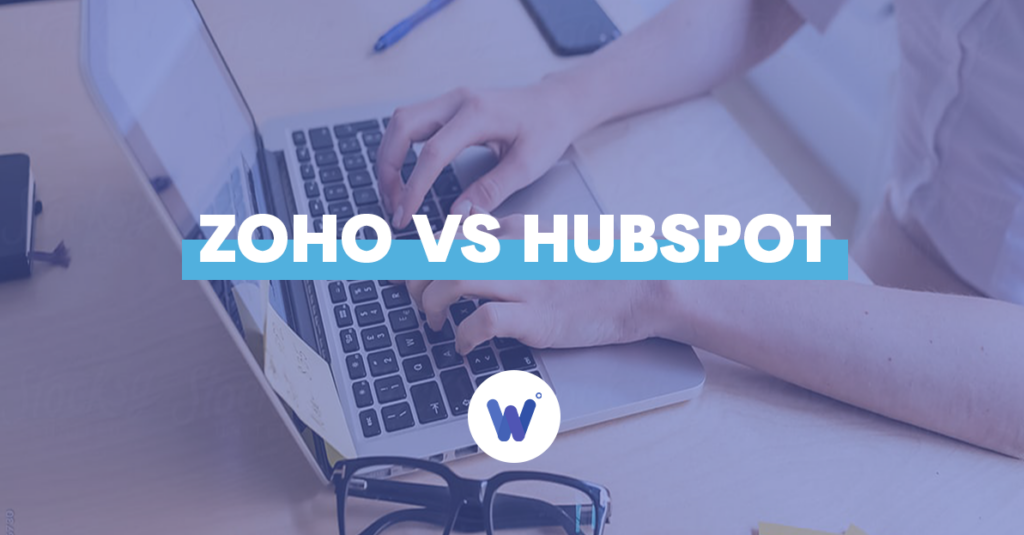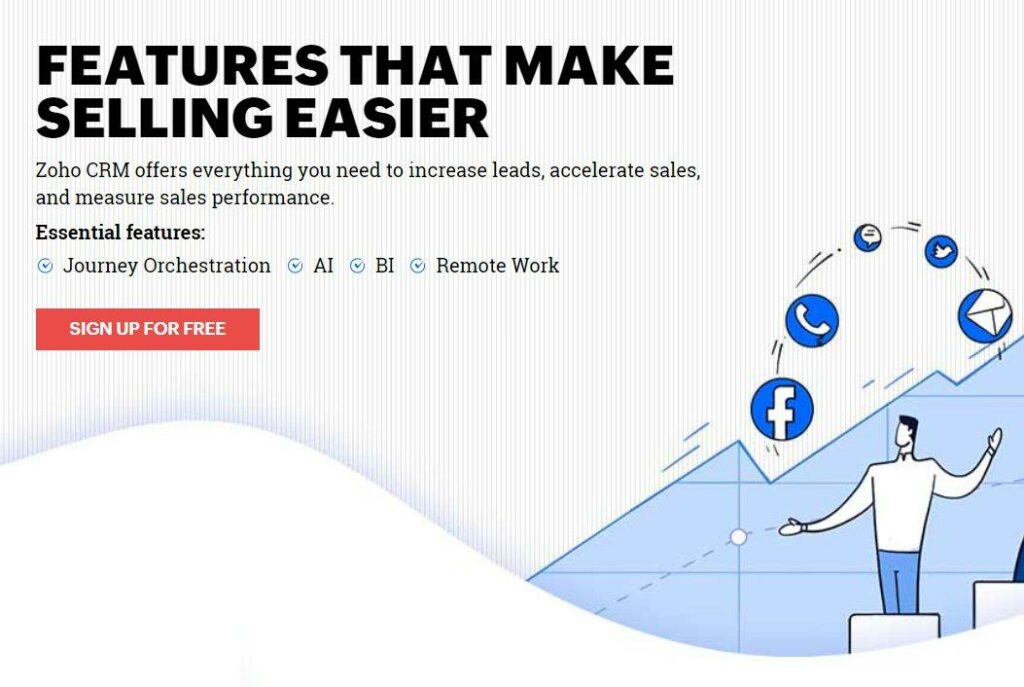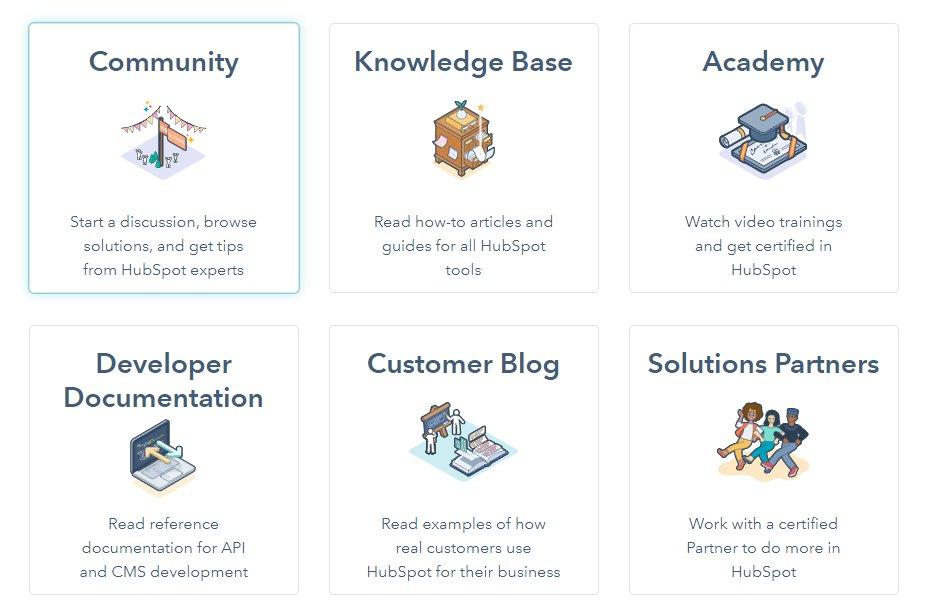
Have you been struggling to manage your business sales because you lack robust CRM software? You might be wondering what affordable yet effective solutions are available.
No doubt you have heard about Zoho and HubSpot. But do you know which one will work best for you?
In this article, we’ll provide you with a complete breakdown of Zoho vs. HubSpot. We’ll discuss what services they offer, their price ranges, target audience, and much more. By the end of this review, you will have a better understanding of which platform is better suited to your business.
Effortlessly export your Google Docs to WordPress with just 1-click.
Get Started TodayBoth Zoho and HubSpot offer similar features regarding CRM, but some features are only available with Zoho. For example, it has a more enhanced automation system. It also allows you to create personalized customer journeys.
If you run a small business consisting of no more than three people, you can sign up for a free Zoho plan. It has all the essential features any robust CRM platform should have, such as Contact, Deal, and Account Management.
Zoho offers four pricing plans for larger businesses ranging from $12 up to $45 per month, per user.

HubSpot offers four separate programs you can sign up for depending on your needs: Marketing Hub, Sales Hub, Service Hub, and CMS Hub. There is free CRM software available with all basic features, more than enough to get you started.
HubSpot offers yearly contracts on each of its programs. The price range varies from $45 up to $180 per user, per month.
There is also a bundle option offering all programs, starting from $50 up to $3,200 per month.
To use HubSpot’s free CRM, you are not required to buy any of their paid products. There are no hidden charges with this one.

If you are just starting to use Zoho, you should dedicate some extra time to the initial customization. After you get this part done, things will progress much smoother. You will see a Dashboard with tabs such as Home, Feeds, Leads, Accounts, and Contacts, and you’ll be ready to roll.
HubSpot now has a straightforward and well-designed layout. Despite having tons of features, this platform managed to avoid the complex dashboards we see in some competitors. The best proof for HubSpot’s ease of use is the increase in conversion rates the platform received after it was redesigned.
CRM-wise, Zoho is a robust platform offering most of the features you could ask for. Lead Generation and Territory Management features are only available with them. Plus, their Integrations system is extensive: you can implement over 400+ integrations. HubSpot only offers a few dozen options.
Zoho’s services come at an affordable price. The option of monthly payments is a big plus, making Zoho an excellent value for money competitor.

HubSpot’s free of charge CRM is a perfect solution for growing teams. The platform might not have all the best features out there (such as enhanced analytics software or Territory Management), but they offer just enough to give your business a boost.
You can increase your sales with a marketing campaign you have complete control over. Intuitive dashboards add to the value as well.
With HubSpot’s CRM, it’s no money, only value. This makes it a clear winner in the category.
Zoho does offer customer support, but at a price. If you use Zoho’s free version, you’ll have to upgrade.
They now have a 24/7 helpdesk. You can contact Zoho via online forms, email, or give them a phone call.
You will also get access to their articles database, where you will most likely find the answers to your questions.
Just like Zoho, HubSpot’s support is not free but it is worth getting. Their customer support is available via phone call or email. They also have a chatbot for basic inquiries.
You might not be willing to pay for support, and we understand that completely. But there’s a thriving HubSpot community on platforms such as Facebook or Twitter. You can always give them a visit and try to find solutions there.

If you are a startup on a tight budget, you might want to consider HubSpot. This easy-to-use, free-of-charge, and feature-packed platform is just what you are looking for.
At first, Zoho can be a bit overwhelming. But if you’re willing to go through the initial hassle and are ready to invest, feel free to give it a try.
HubSpot’s Marketing Hub is an excellent option if you are a midsize business ready to invest in the long-term. You will get all the free CRM features, plus more powerful tools for in-depth performance analysis.
Every successful enterprise-level business with lots of sales needs a Territory Management feature only available with Zoho. This single feature is enough to declare it more suitable for big companies than HubSpot.
Both Zoho and HubSpot are robust, full-scale Customer Relationship Management (CRM) platforms worth giving a shot. In this article, we examined how well they perform in terms of usability, value for money, and customer support.
While HubSpot is perfect for small and midsize companies, Zoho is a clear winner when it comes to large-scale businesses.
Hopefully, now you have a clear overview of which one will work better for you.